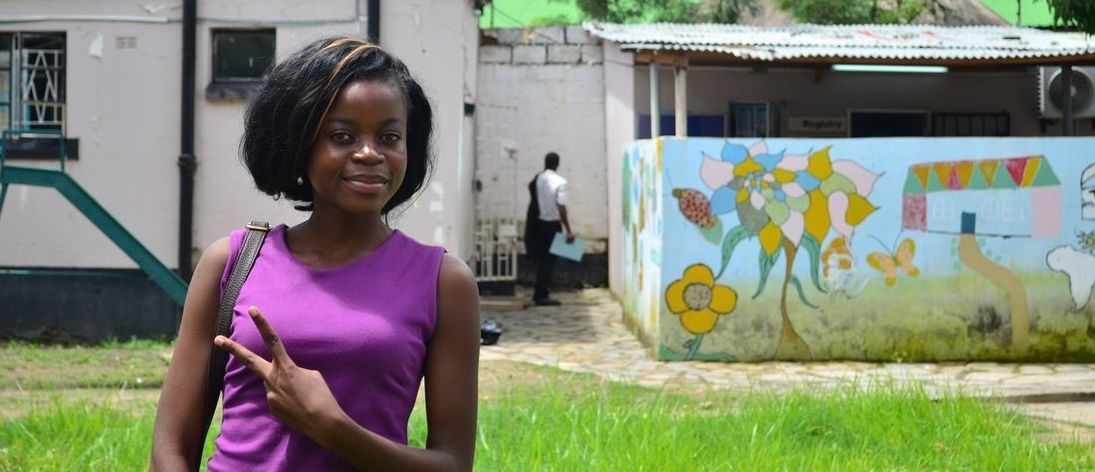|
Finding out you are HIV+ and coming to terms with that requires a lot of support, both from your medical team and family and friends. With myths, stigma and discrimination that still exists within the community it can be difficult to know who to trust, as Musamba, aged 22, found out: "lIFE ISN'T ALWAYS ABOUT YOUR WANTS AND NEEDS, BUT WHAT THE COMMUNITIES NEEDS - LIKE MORE HIV+ ROLE-MODELS"
"IN ORDER FOR YOU TO ACCEPT A SITUATION YOU NEED TO FORGIVE YOURSELF AND THEN OTHERS"
"LIVING WITH HIV YOU CAN OFTEN STIGMATIZE YOURSELF, REMOVING YOURSELF FROM RELATIONSHIPS BECAUSE OF FEAR, BUT WHEN YOU HAVE A MENTOR IT CAN CHANGE EVERYTHING."
0 Comments
Your comment will be posted after it is approved.
Leave a Reply. |
FOLLOW US:
archives
February 2024
Categories
All
|
Proudly powered by Weebly


 RSS Feed
RSS Feed